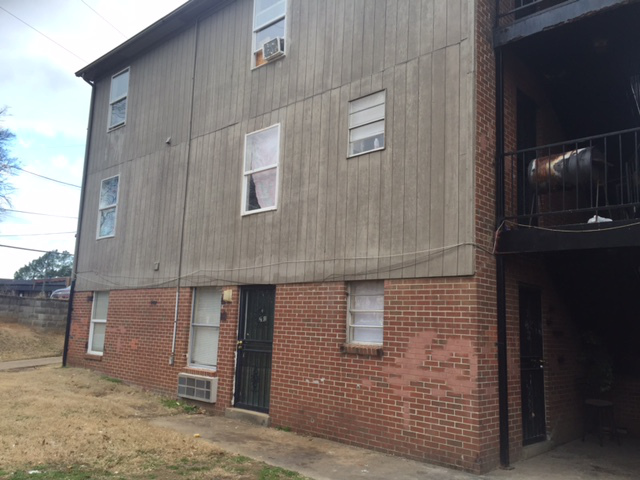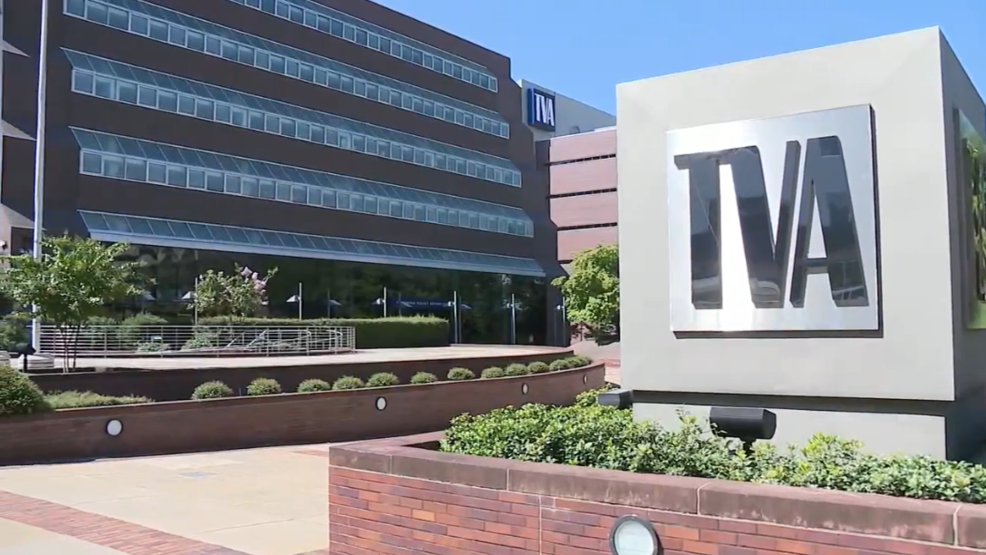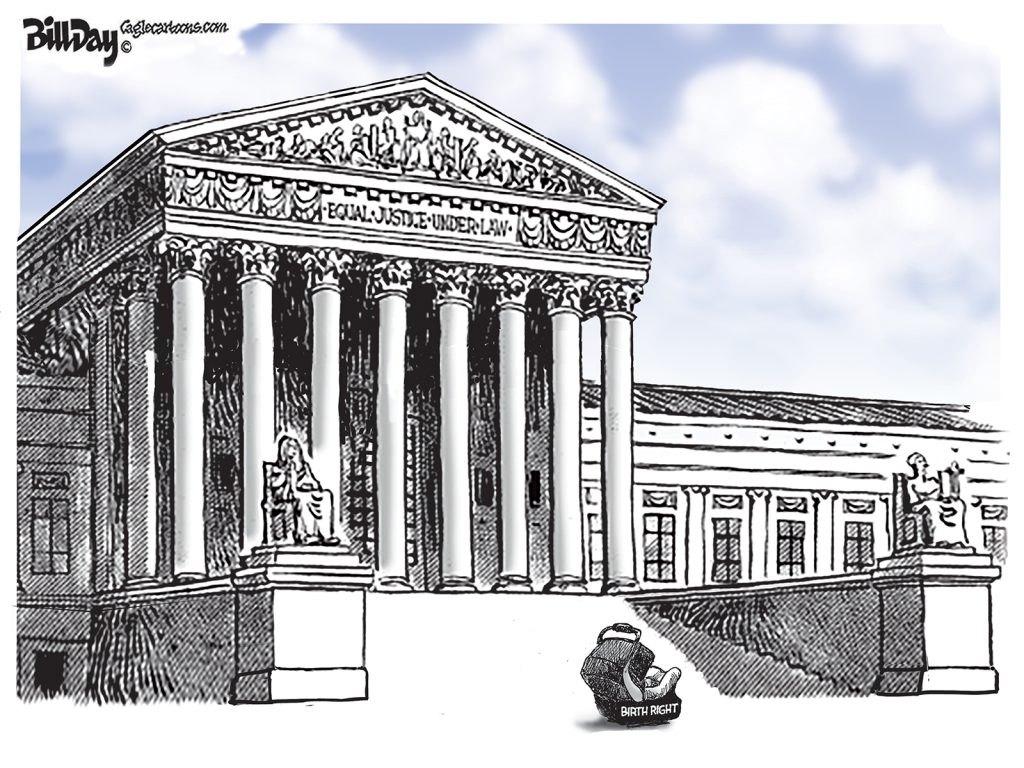It’s easy to think in Memphis – with some of the lowest home prices in the nation – that we don’t have a housing problem.
After all, among the 48 largest MSAs in the U.S., the Memphis region has the third lowest median sales price for single-family homes. Among 207 cities, the median home price in Memphis ranks #171.
That’s why we should all be grateful to Brad Watkins, executive director of the Mid-South Peace and Justice Center, for his recent reality check.
He said it is likely that 1,000 people will soon be looking for subsidized housing at the same time, Memphis is on the verge of a housing crisis (and that seems the perfect description for what he’s describing).
Important Work
His early warning should jolt the community into action, preventing more disasters in the lives of Memphians who have already experienced bleak living conditions that have become birthrights for too many of our neighbors living in deep poverty.
Mr. Watkins and his colleagues are already working with the displaced residents of the site-based Section 8 apartment complexes owned by the ill-named Global Ministries Foundation, which received subsidies from the U.S. Department of Housing and Urban Development and whose financing was aided and abetted by the Memphis Health, Educational, and Housing Facilities Board.
The people from these complexes will be looking for new residences at the same time as residents at Foote Homes, as construction begins on a mixed use development (similar to city government’s HOPE VI projects) that received $30 million in federal Choice Neighborhood Grant funding.
They Were Failed
The really good news is that in addition to serving notice of this impending crisis, Mid-South Peace and Justice Center doing something to address the persistent, unlivable conditions that are as persistent in the Global Ministries Foundation’s (GMF) apartment complexes as the religious platitudes are in its mission statements.
“One of our strategies to reach the world for Christ is to invest in real estate opportunities that provide affordable housing for low to moderate income residents around the United States,” GMF says on its website.
It is impossible to balance that statement with the conditions that have existed far too long in GMF’s Warren and Tulane apartment complexes. It is equally impossible to understand how HUD failed for so long to order GMF to correct violations that should have been obvious to even a novice inspector.
Finally, in early February, HUD took action to relocate residents of the apartments, an action that came about 10 months after the untenable conditions were reported in The Commercial Appeal.
Renter’s Rights
In requiring the residents of Warren and Tulane apartment complexes to find new homes, HUD pledged to give each family a “tenant protection voucher” which can be used at other HUD site-based properties in Memphis.
And therein lies the rub. The options are limited enough in the best of times because many of the families cannot pay the MLGW utility deposit and they cannot pay for the higher rated apartments. But, when the families from the 248-unit Warren apartments and the 200-unit Tulane apartments look for new residences and are joined by approximately 410 families in Foote Homes, the situation becomes historically challenging.
Fortunately, the Mid-South Peace and Justice Center has created a Renter’s Rights Project to work with independent tenant associations to fight for tenants’ rights. It couldn’t come at a better time, because already, the Peace and Justice Center reports bedbugs, sewage backup, faulty electrical work, widespread mold, and even structural damage to floors and ceilings in GMF apartments.
“Not only was this done with public funds and tax incentives but worse still is done under the guise of ministry and in the name of God,” Mr. Watkins wrote.
Roosting Chickens
It is ironic – and tragic – that while City of Memphis, through its five HOPE VI projects, was eradicating the traditional warehousing of poor families, HUD, through its subsidized housing programs that fund private landlords, has recreated similarly deplorable large-scale complexes characterized by concentrated poverty.
Mr. Watkins said it well: “For the most part, the privatized model of funding landlords with site-based HUD funding recreated all of the negatives of public housing without any of the positives and with less oversight and accountability. As far as subsidized housing goes, ‘landlords’ and the profit motive that is inherent in being a landlord is part of the core of the problem as corners get cut to ensure profit above everything else. Honestly, we have to ask: What did we expect to happen? Now our collective chickens have come home to roost.”
This important work by Mid-South Peace and Justice Center once again underscores its value to Memphis. Often misunderstood and frequently underappreciated, it soldiers on to address issues that are crucial to the future of Memphis.
There are the programs to help victims of this predatory housing scheme perpetuated by Global Ministries Foundation and HUD, but there are also programs about fighting homelessness, training grassroots organizers, improving public transit for low-income Memphians and communities of color, increasing police accountability, supporting Black Lives Matter, and protecting immigrant rights.
Giving to the Cause
But like many nonprofit organizations doing important work in Memphis, Mid-South Peace and Justice Center is doing much with too little.
And that’s where we all can help. An anonymous donor will match all donations raised through March 15. To make a donation, click here. There’s no doubt that the money will be put to really good use.
***
Join us at the Smart City Memphis Facebook page for daily articles, reports, and commentaries relevant to Memphis.






There is an immediate crisis that needs to be dealt with now. Perhaps through a public-private problem-solving summit that will marshal resources to find housing for these families NOW. Peace and Justice can continue to work on longer term issues and help individually displaced families, but the entire housing sector needs to be mobilized to take advantage of high vacancy rates in some B and C class apartments that are nevertheless more acceptable than where displaced residents have been living. Establish a fund to clear up MLGW acreages and cover deposits, set up future payment plants with credit/budget support, etc. The reason it took so long to rule against Global is the long-standing policy to not put people on the street. So that hurdle has been jumped, and longer term tenant rights strategies must be accompanied by some creative short term problem-solving. Who will convene and have the resources for immediate implementation of a strategy?
“It’s easy to think in Memphis – with some of the lowest home prices in the nation – that we don’t have a housing problem”.
I would like to add a thought based on this statement that effects not just the underprivileged but the entire housing market and thus I believe is pertinent to this conversation . Upon relocating to Memphis some six years ago(!), I have heard the same comment that Memphis is one of the most affordable cities in the nation in terms of housing time and again. This may be true as an average, but this same metric in no way takes into account the quality of said housing, as made plainly clear in the case of Global Ministries Foundation, nor does it account for the average quality of life in various neighborhoods. Residents of very limited incomes in general desire the same basic qualities in their neighborhood as the extremely wealthy. These qualities are generally defined by safety, proximity and access to public assets (parks, well performing schools, maintained street with adjoining sidewalks), and proximity and access to basic goods that are at least moderate and consistent in quality. Once neighborhoods in Memphis are screened for those factors, the number of viable blocks and the associated affordability of Memphis housing diminishes rapidly. The market reflects this with the soaring cost of 3-bed/2 bath homes (a.k.a the typical American family home) in Midtown and along the Walnut Grove/Park Avenue wedge where residences are selling in as little as 2 days for values over asking price. Improving the quality of those indicators mentioned above in the city’s more worn neighborhoods would do much to increase their livability and thus increase the affordability of viable housing throughout the city. To broaden the appeal of this issue, for those who are less inclined to realize how they are impacted, a housing crisis is not just looming in Memphis, it has arrived. This crisis threatens to further deplete the ranks of the middle class, erode the ability for millennials and first time home buyers to root themselves in core neighborhoods, and create neighborhoods for low income individuals that may include acceptable housing but lack access to the life’s basic needs and are regularly besieged by crime.